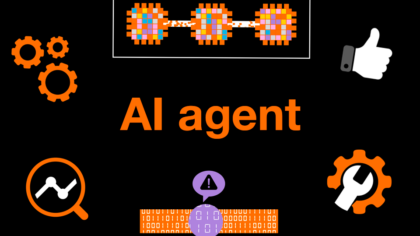Omnimodal AI: a game-changer for customer relations
• Surpassing multimodal AI, omnimodal AI can coherently integrate diverse data types: a capacity that enables it to perform complex operations such as understanding and modifying photos in a single step.
• With the ability to understand customers’ gestures and body language as well as speech, omnimodal AI can reduce the workload on customer relations staff, giving them more time to focus on high added-value tasks.
• The developers of omnimodal AIs still face significant challenges, notably with regard to the integration of multiple modalities in a single model and the need to eradicate biases that can spread from one modality to another.
Read the article
• With the ability to understand customers’ gestures and body language as well as speech, omnimodal AI can reduce the workload on customer relations staff, giving them more time to focus on high added-value tasks.
• The developers of omnimodal AIs still face significant challenges, notably with regard to the integration of multiple modalities in a single model and the need to eradicate biases that can spread from one modality to another.




A lexicon of artificial intelligence: understanding different AIs and their uses
Read the article


